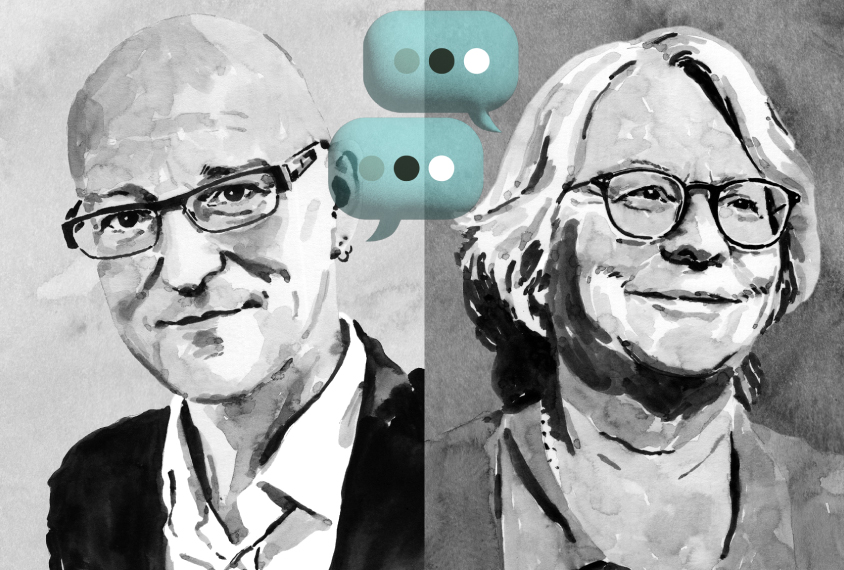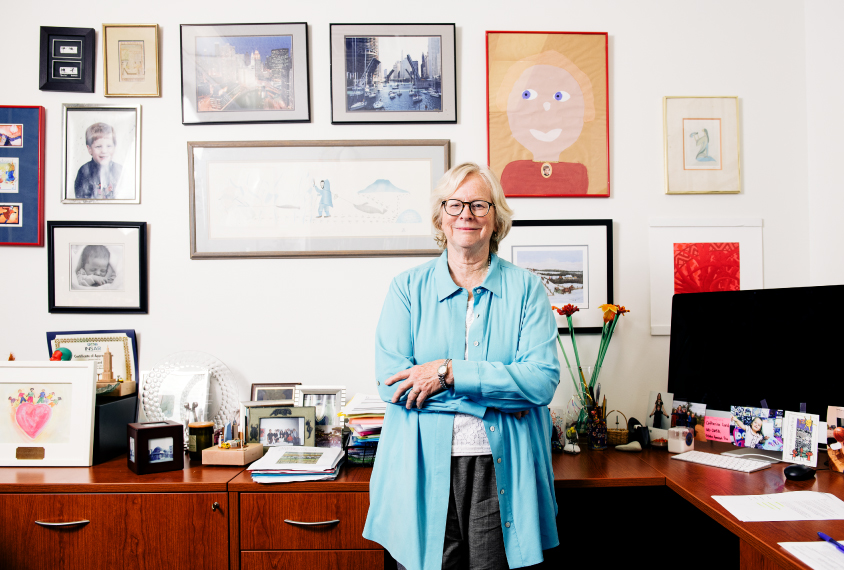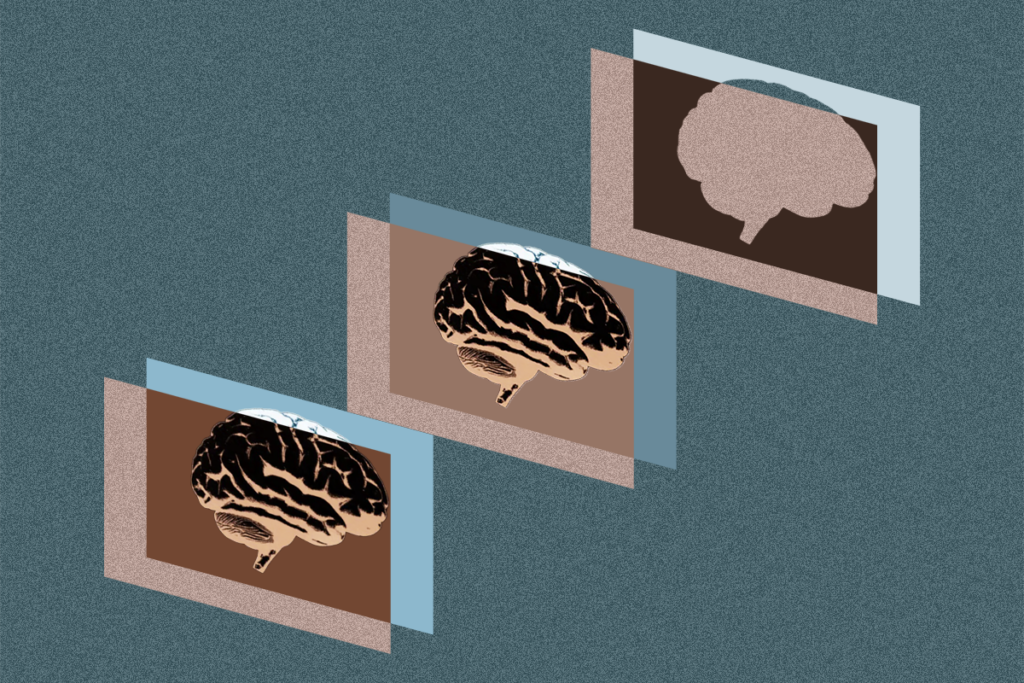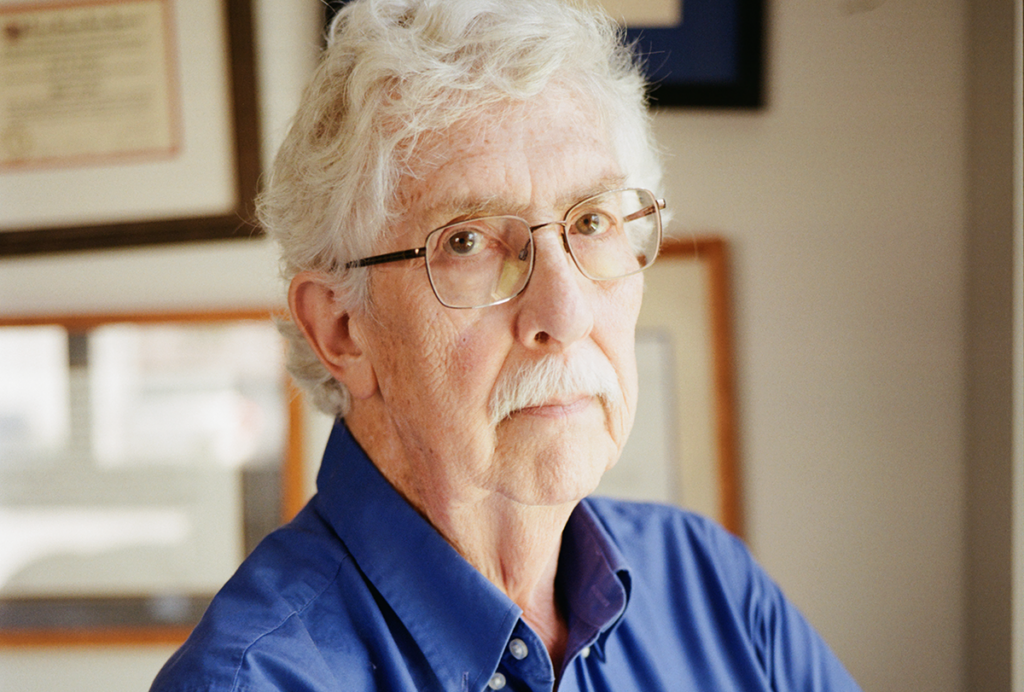Catherine Lord is distinguished professor of psychiatry and education at the University of California, Los Angeles. She specializes in diagnosis, social and communication development, and intervention in autism.
Catherine Lord
Director, Center for Autism and the Developing Brain
Weill Cornell Medicine
From this contributor
Your questions about the Lancet Commission and ‘profound autism,’ answered
Tony Charman and Catherine Lord answer questions from Spectrum’s webinar on the Lancet Commission’s recommendations for autism research.

Your questions about the Lancet Commission and ‘profound autism,’ answered
Catherine Lord: Lessons from a storied career in autism research
Catherine Lord's career has been defined by relationships: with mentors, protegees and, above all, with autistic people and their families.

Catherine Lord: Lessons from a storied career in autism research
Measures of success for adults with autism need to mature
As children with autism grow into adults, the challenge is in measuring the skills that matter most in their daily lives.

Measures of success for adults with autism need to mature
Optimal outcome
Some children classified as having autism outgrow their diagnosis, but it’s not yet clear why this group does better, says Cathy Lord.
Autism and the arts: “Lucy” captures disorder‘s complexity
Itʼs not often that movies, books and plays represent science accurately, or with a true and empathetic understanding of its complexity.

Autism and the arts: “Lucy” captures disorder‘s complexity
Explore more from The Transmitter
Exclusive: Recruitment issues jeopardize ambitious plan for human brain atlas
A lack of six new brain donors may stop the project from meeting its goal to pair molecular and cellular data with the functional organization of the cortex.

Exclusive: Recruitment issues jeopardize ambitious plan for human brain atlas
A lack of six new brain donors may stop the project from meeting its goal to pair molecular and cellular data with the functional organization of the cortex.
How pragmatism and passion drive Fred Volkmar—even after retirement
Whether looking back at his career highlights or forward to his latest projects, the psychiatrist is committed to supporting autistic people at every age.

How pragmatism and passion drive Fred Volkmar—even after retirement
Whether looking back at his career highlights or forward to his latest projects, the psychiatrist is committed to supporting autistic people at every age.
The brain’s quiet conductor: How hidden cells fine-tune arousal
New research published today suggests that the pericoeruleus acts as a kind of micromanager of arousal, selectively inhibiting different subgroups of locus coeruleus neurons depending on the behavioral context.
The brain’s quiet conductor: How hidden cells fine-tune arousal
New research published today suggests that the pericoeruleus acts as a kind of micromanager of arousal, selectively inhibiting different subgroups of locus coeruleus neurons depending on the behavioral context.